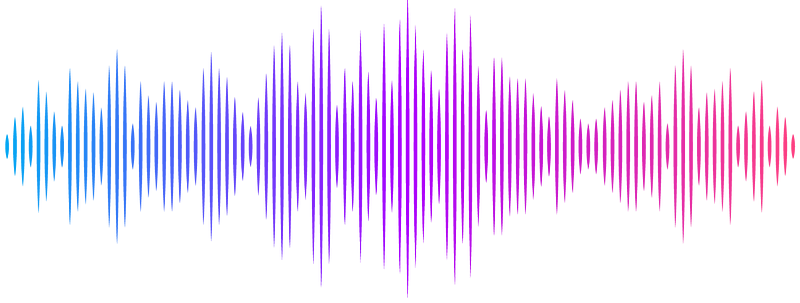Patterning effects of FGF17 and cAMP on generation of dopaminergic progenitors for cell replacement therapy in Parkinson's disease

Patterning effects of FGF17 and cAMP on generation of dopaminergic progenitors for cell replacement therapy in Parkinson's disease
Nygaard, A. H.; Schorling, A. L.; Abay-Norgaard, Z. C.; Hanninen, E.; Li, Y.; Santoja, A.; Rathore, G. S.; Salvador, A.; Rusimbi, C. L.; Zhang, Y.; Kirkeby, A.
AbstractCell replacement therapies using human pluripotent stem cell-derived ventral midbrain (VM) dopaminergic (DA) progenitors are currently in clinical trials for treatment of Parkinson\'s disease (PD). Recapitulating developmental patterning cues, such as fibroblast growth factor 8 (FGF8), secreted at the midbrain-hindbrain boundary (MHB), is critical for the in vitro production of authentic VM DA progenitors. Here, we explore the application of alternative MHB-secreted FGF-family members, FGF17 and FGF18, for VM DA progenitor patterning. We show that while FGF17 and FGF18 both recapitulate VM DA progenitor patterning events, FGF17 induced expression of key VM DA progenitor markers at higher levels than FGF8 and transplanted FGF17-patterned progenitors fully reversed motor deficits in a rat PD model. Early activation of the cAMP pathway mimicked FGF17-induced patterning, although strong cAMP activation came at the expense of EN1 expression. In summary, we identified FGF17 as a promising candidate for more robust VM DA progenitor patterning, with the potential to improve cell products for treatment of PD.
